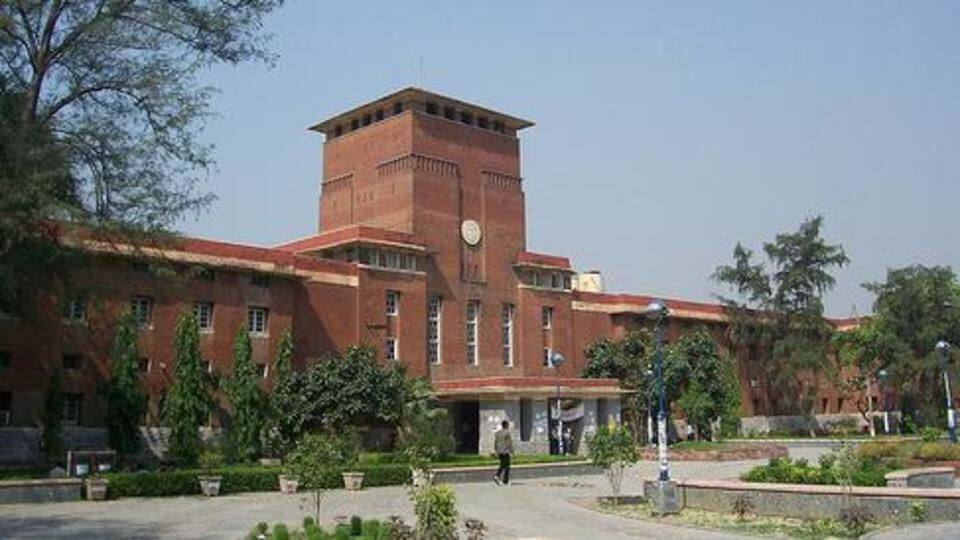
Controversy-hit Delhi University to conduct forensic tests on admission documents
What's the story
Hit by allegations of a massive admission scam, Delhi University (DU) is going hi-tech to ensure genuine applications. TOI reports that DU will ask all its colleges to hire forensic experts for examining the authenticity of marksheets and other documents. Tests will be conducted on them with devices like UV/IR lights, stereo microscope and magnifying lens. Know what DU is up to.
Scam
What is the scam about?
The scam came to light recently: apparently, many students have gained admission without necessary marks or with fake certificates. In many cases, certificates presented for admission were from 'fake' education boards. The students' union president of Swami Shraddhanand College was suspended. Shivaji College is one of the many colleges under the scanner. Authorities have said fraudulent admissions will be cancelled once investigations are over.
Information
Till now, DU conducts manual checking of documents
Till now, most colleges check documents manually. Student information is cross-checked with information obtained from various education boards, or they are checked online if records are available. However, if the board named in the marksheet is fake, DU officials can't find information for such students.
Forensics
Some colleges started appointing forensic experts few years ago
Ramjas was the first college to employ forensic experts in 2013 to examine the genuineness of admission documents. In 2016-17, Kalindi, Dyal Singh and Sri Venkateswara also hired experts from outside. Shivaji is going to employ them this year. Interestingly, Khalsa hires its own former students with PG diplomas in forensic science for the purpose. They undergo a one-year program in the subject beforehand.
Techniques
Forensic experts will now employ these hi-tech methods for verification
Forensic experts will now use UV/IR light to spot invisible/fluorescent markings on the certificates, check paper quality and thickness with stereo microscopes, look for micro-lettering with powerful magnifying lens, and scan barcodes with standard barcode readers. Apart from these, they will also check the education board's website, verify if it's legally registered, and cross-check students' information with their roll numbers.
Efficiency
Do such processes help detect fake documents efficiently?
Last year, forensic teams at Kalindi were able to identify that documents submitted were colored photocopies of the original; the student was then asked to submit the original documents. An expert said due to such techniques, "no one dared submit fake certificates" in such colleges. DU will issue necessary guidelines to colleges soon, an official said. Some colleges have already issued related tenders.